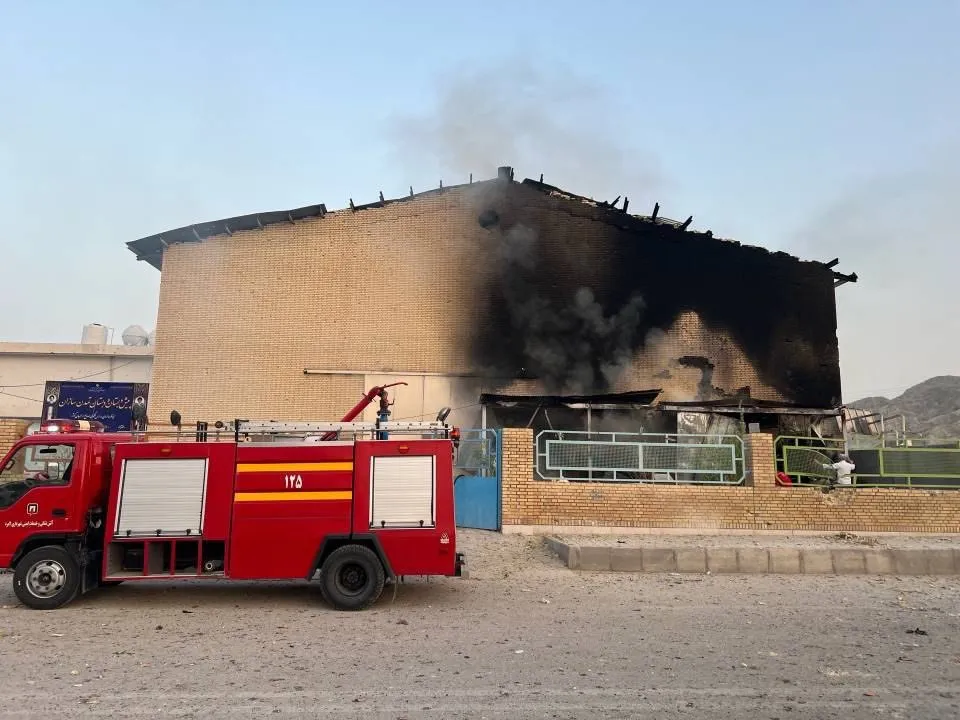Before invading Iraq in 2003, the Bush administration mounted a significant diplomatic offensive to rally international support, and officials at the White House, Pentagon and State Department went to great lengths to trumpet those nations that joined what they termed “the coalition of the willing.”
But historians researching those early alliance-building efforts say they are troubled by what seem to be deletions of and alterations to the early official lists of nations that supported the war effort. The lists were posted on the White House Web site.
While administration officials acknowledged that the number of nations supporting the war changed over time, academic researchers say three official lists appear to have been changed, yet retained their original release date, making them appear to be unaltered originals.
Two other White House lists appear to have been taken off the Web site, according to a study of the documents by Scott L. Althaus and Kalev H. Leetaru of the Cline Center for Democracy at the University of Illinois at Urbana-Champaign.
There were 45 coalition members on the eve of the Iraq invasion, but subsequent deletions of the earlier lists and revisions to critical documents made it seem that there were 49, the researchers found.
Two other countries that appeared on early lists of alliance partners were removed, but those updated rosters carried the original date and no mention that they had been changed.
White House officials confirmed Monday that the names of two countries were removed from the list of coalition partners initially listed on the Web pages, an action taken at the request of those nations. Costa Rica and Angola were dropped, but Angola subsequently reappeared.
In recent years, the White House has adopted a policy that requires its official Web site to note when such changes are made to an online item, a spokesman said Monday.
But that appears not to have been in effect for posts released early in the war effort.





 Events are still unfolding rapidly across the Middle East, so here's a quick recap: The death...
Events are still unfolding rapidly across the Middle East, so here's a quick recap: The death... The U.S. and Israel pounded targets across Iran, bombing the country’s ballistic missile sites and wiping...
The U.S. and Israel pounded targets across Iran, bombing the country’s ballistic missile sites and wiping... Dozens of teenage girls were attending their regular training sessions of volleyball, basketball, and gymnastics in...
Dozens of teenage girls were attending their regular training sessions of volleyball, basketball, and gymnastics in... Three American service members were killed in action amid the ongoing conflict with Iran, U.S. military...
Three American service members were killed in action amid the ongoing conflict with Iran, U.S. military...






























